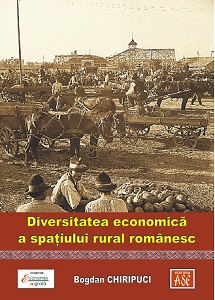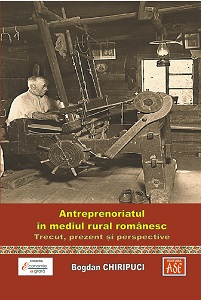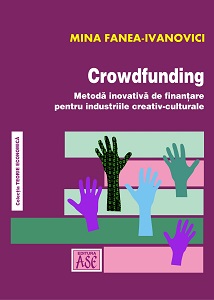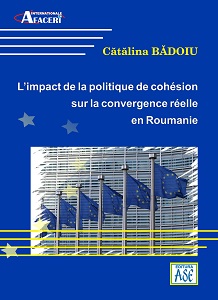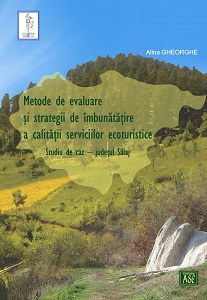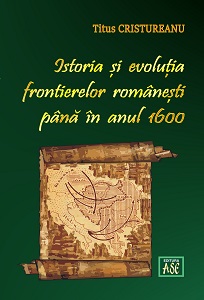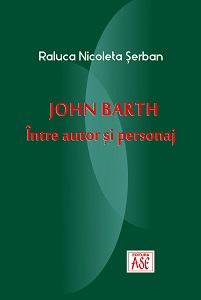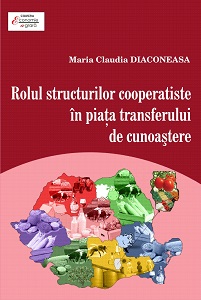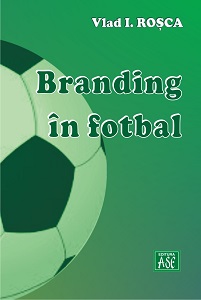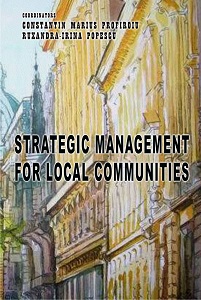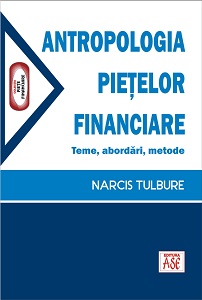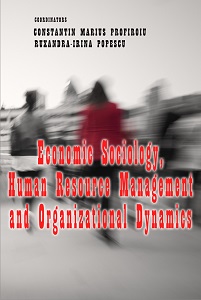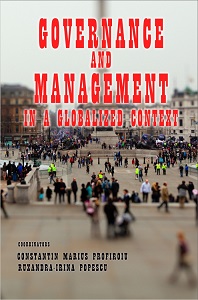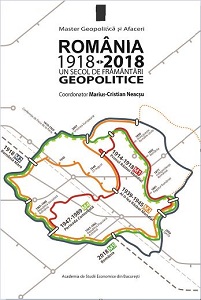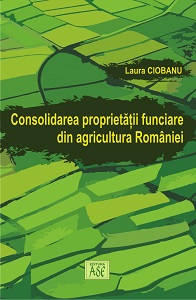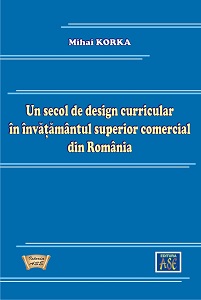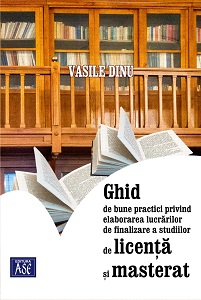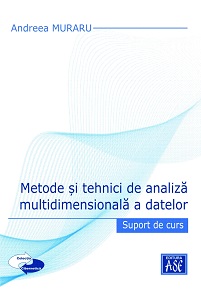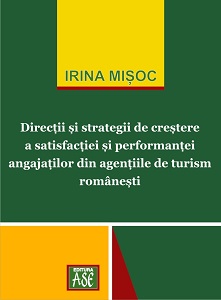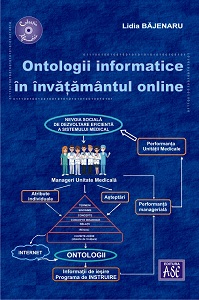România 1918-2018. Un secol de frământări geopolitice
Author(s): / Language(s): Romanian
Keywords: Romania; Romanian Centenary (1918-2018); geopolitics of Romania; the Romanian school of geopolitics; Geopolitics and Business MA; geography; Bucharest University of Economic Studies;
The volume entitled Romania 1918-2018. One century of geopolitical concerns (coordinated by Associated Professor Marius-Cristian Neacșu, PhD) is the fruit of the efforts and scientific research of the Geopolitics and Business Master Program, within the Bucharest University of Economic Studies, with the participation of both consecrated (professors) and early staged researchers (final year MA students), in a perfect symbiosis, on one hand by virtue of a noble ideal - the appearance in and under the auspices of ASE Bucharest in this important anniversary year, the Centenary of the Great Union (1918-2018) – and, on the other hand, as a proof of the Romanian higher education quality, through relevance, rigor and scientific accuracy of the information. Thus, the paper presents a particular interest, with regards to the subjects as well as its contribution to the understanding of the context and the geopolitical and geoeconomic Romanian framework, its dynamics over the last 100 years, with current implications on the regional and national business environment.The thematic area underlying this volume of studies and researches is Geohistory, Geopolitics and Geoeconomics, being structured in 15 studies, within three parts: Part I. The Centenary of Romania (1. The complicated geopolitical position of Romania, Marius-Cristian NEACȘU); Part II. One century of geopolitical concerns (2. Romania in World War I, Marian TUCĂ; 3. Nicolae Iorga and the Great Union. Geopolitical and geohistorical contributions, Clara NAE; 4. Romania between 1918 and 1944, Beatrice AVRAM; 5. The population of Romania in the interwar period, Bogdan ȚEBREAN; 6. The economy of Romania in the interwar period, Cătălin CONSTANTINESCU; 7. Romania during the communist regime, Roxana MATEI; 8. Romania after 1989, Laura-Iulia CIUPERCĂ; 9. Romania's relations with its neighbouring countries 1918-2018, Alina GHERGHINA, 10. Romanian-Russian relations 1918-2018, Marian TUCĂ); Part III. Geography and Geopolitics. The Romanian School (11. Simion Mehedinți, precursor of the Romanian school of geopolitics, Marius-Cristian NEACȘU; 12. Romania in the Romanian geopolitical studies in the first half of the 20th century, Silviu NEGUȚ, Marius-Cristian NEACȘU; 13. The contribution of Romanian geographers to the construction of modern Romania. Paris Peace Conference, 1919-1920, Marius-Cristian NEACȘU, Gheorghe VLĂSCEANU; 14. Simion Mehedinți, the great absent of Paris Peace Conference, 1919-1920, Marius-Cristian NEACȘU; 15. A long century of geography at Bucharest University of Economic Studies. The Master Program of Geopolitics and Business, Marius-Cristian NEACȘU).
More...
